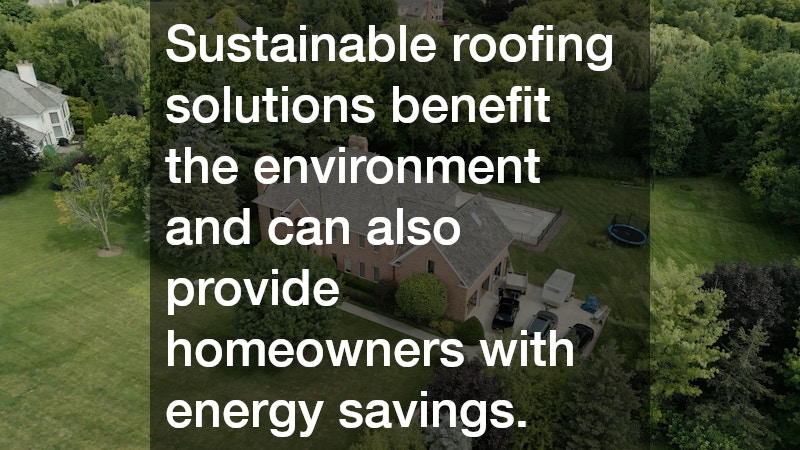In this article, we explore the critical considerations and options when hiring residential roofing services. Understanding these options helps homeowners make an informed decision and select the best services for their needs and budget.
What Are the Qualifications and Certifications to Look for in a Roofing Contractor?
Licensing and Certifications
Ensure your residential roofing services contractor has the necessary licenses and certifications for a successful roofing project. This not only guarantees quality workmanship but also adherence to local regulations and industry standards.
Look for certifications from recognized bodies, which signify that the contractor has undergone extensive training. A properly licensed contractor provides a layer of security, reducing risks associated with non-compliant work.
Experience and Reputation
Experience often translates to experience, making it vital to choose a roofing contractor with a solid track record. Contractors with a proven history are more likely to handle challenges efficiently, making sure better outcomes.
Reputation speaks volumes about a contractor’s reliability and quality of service. Positive reviews and testimonials from past clients can offer insights into the contractor’s work ethic and customer satisfaction levels.
Checking for any negative reports or unresolved complaints with bodies like the Better Business Bureau can also provide a more comprehensive view of their reputation. Engaging with contractors that have a good standing within the community can provide peace of mind.
How to Evaluate the Cost and Value of Roofing Services?
Detailed Estimates and Transparency
A detailed written estimate is crucial for understanding the costs involved in residential roofing services. It should include labor, materials, and any additional expenses, reflecting the contractor’s transparency in dealings.
Contractors who provide thorough estimates demonstrate credibility and commitment to fair dealings. Transparent cost estimations help avoid unexpected expenses and allow homeowners to compare different service providers effectively.
Make sure all potential costs are clearly identified to avoid hidden fees. An honest contractor will discuss all costs upfront and keep communication open throughout the project.
Cost Versus Quality
Balancing cost and quality is essential to assure long-term value for your roofing investment. Opting for the cheapest option can lead to substandard materials and workmanship, compromising the roof’s longevity.
Although more expensive initially, investing in high-quality materials and skilled workmanship can save money on repairs and replacements in the long run. Homeowners should evaluate proposals based on the durability of materials and overall project quality.
Remember that a higher initial investment in quality could equate to fewer headaches and expenditures later on. Weighing cost against quality will provide better assurance of a successful and enduring roofing project.
What Should Be Included in a Roofing Contract?
Contract Terms and Conditions
A well-drafted roofing contract should clearly outline payment schedules, timelines, and warranties. These terms assure all parties are aligned on the expectations and responsibilities involved in the project.
Contracts protect homeowners from misunderstandings and provide a legal structure to assure projects proceed smoothly. It’s essential to have a clear understanding of warranty terms for materials and labor, as these affect future repairs and maintenance.
Homeowners should carefully review all terms and conditions and discuss any ambiguities with the contractor. Clear contracts indicate professional, reliable residential roofing services.
Scope of Work
The contract should detail the scope of work to outline exactly what the contractor will be responsible for. This includes specifications of materials, project timelines, and any specific homeowner needs or concerns.
Having a clearly outlined scope ensures both parties agree on the project specifics before work begins, reducing the chance of disputes. Proper documentation of work to be done also serves as a record if issues arise later.
How to Assess the Safety and Environmental Considerations in Roofing Projects?
Safety Protocols and Training
Safety protocols are a pivotal consideration in choosing a roofing contractor. Assure the contractor follows industry-standard safety measures and that their team is adequately trained for hazard prevention.
Contractors should provide workers with necessary personal protective equipment and routinely conduct safety drills. On-site safety adherence not only protects workers but also minimizes the risk of accidents that may affect other areas of the property.
Environmental Impact and Sustainability
Considering the environmental impact and sustainability practices in roofing projects is becoming increasingly important. Choose contractors who utilize environmentally friendly materials and methods to reduce the carbon footprint.
Sustainable roofing solutions benefit the environment and can also provide homeowners with energy savings. Options such as cool roofing technologies or recycled materials offer longer-lasting, eco-friendly alternatives.
Engage in discussions with potential contractors about their sustainability practices to assure alignment with your environmental values. Sustainable roofing practices can enhance your property’s green credentials and contribute to a healthier environment.
In conclusion, hiring residential roofing services requires careful consideration of several factors, including contractor qualifications, cost versus quality, detailed contracts, and safety and sustainability practices. Taking the time to research and evaluate your options ensures you make an informed decision tailored to your needs.
A comprehensive understanding of these elements will lead to a successful roofing project that meets both your expectations and budget. Ultimately, thorough preparation and decision-making are the keys to achieving a durable and reliable residential roofing solution.


